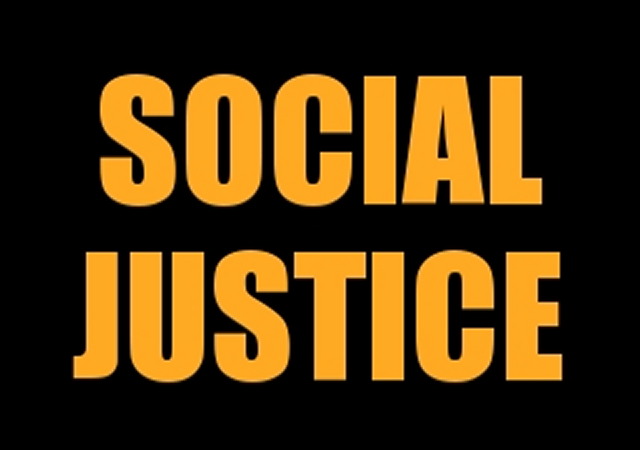Providence, RI, Hires Roger Williams University to Oversee New Reparations Program
“The Boston Globe reports that the university was the only organization to bid for the contract.”

If you know anything about Rhode Island politics, you might be worried about the potential for corruption here.
Campus Reform reports:
RI city pays Roger Williams University $99,000 to oversee ‘reparations’
Roger Williams University has officially been hired by the city of Providence to oversee a new reparations program for the city’s black and indigenous population.
According to the city’s proposal for the program, RWU will be paid a generous $99,196 to oversee an effort of community outreach, also known as reconciliation. The university’s responsibilities will include identifying stakeholders, crafting key goals for reparations, and developing a framework for future phases of the program by the end of the year. RWU will also lead community conversations about the city’s history, and discussions about the reparations program’s potential structure and goals.
The Providence Cultural Equity Initiative is listed as a subcontractor for the reparations proposal and the Providence Public Library as a partner.
According to the document, the Providence Cultural Initiative will receive $35,000, leaving $64,196 going to the university.
“For decades, Roger Williams University (RWU) has been establishing its role as a resource to historically under-resourced and underrepresented communities through its social justice-oriented community programming and policy centers at its Providence-based University College,” the proposal states.
The Boston Globe reports that the university was the only organization to bid for the contract.
According to the proposal, “community meetings” in areas that have “historically been populated by African heritage and indigenous communities” will take place.
Furthermore, “Lead stakeholders,” will serve as “paid consultants.”
Donations tax deductible
to the full extent allowed by law.








Comments
How do I get to be a stakeholder? Where do I write? I’ll help!
“developing a framework for future phases of the program”
So they get to define their own work and all but write the check for it besides.
Corruption? Who needs corruption when they’re practically begging you to take their money?
A stakeholder?? They died 100 years ago!
This warrants further research. Many states follow the Dillon rule which limits municpal governments to undertake only the duties and authorities expressly delegated by the state and its legislature. Admittedly, Rhode Island is a very small state, and Providence is the population center of the state. Someone (perhaps on the salary of the grant) should do research on whether Providence can lawfully conduct a reparations program without express legislative authorization.
An interesting question is always what institution or entity caused a harm or grievance. For example, in many states a municipal government overlaps with a county government, and the school system is operated by a district that is separate from those governments. If the harm was unequal educational opportunity, which entity is the cause? If the harm was an interstate highway built through the center of the existing community, are the local planners responsible or is the federal government that funded 90% of the project?
I question whether there is the political will for a reparations program. Even if such will exists in a very local community, is it viable. Suppose the town passes a referendum to double its taxes in order to fund such a plan. Most tax payers would move across the town line to escape the added burden. Suppose a family can prove that they were financially harmed. Would the fact that the family moved out of town 50 years ago to escape the “oppression” of that town disqualify them from compensation? Many people are selling such plans as “reconciliation” or “economic development” or “COVID impact relief.” But to reconcile, will the family move back to town and help develop the local economy rather than drain dollars from an urban area that is already on the ropes?
I consider myself to be a well-informed policy wonk. But even if you paid me a salary to research this problem for the rest of my life, I don’t think I could map out a lawful reparations plan that would make a meaningful positive impact on society. This is payola to local activists rather than thoughtful problem solving.